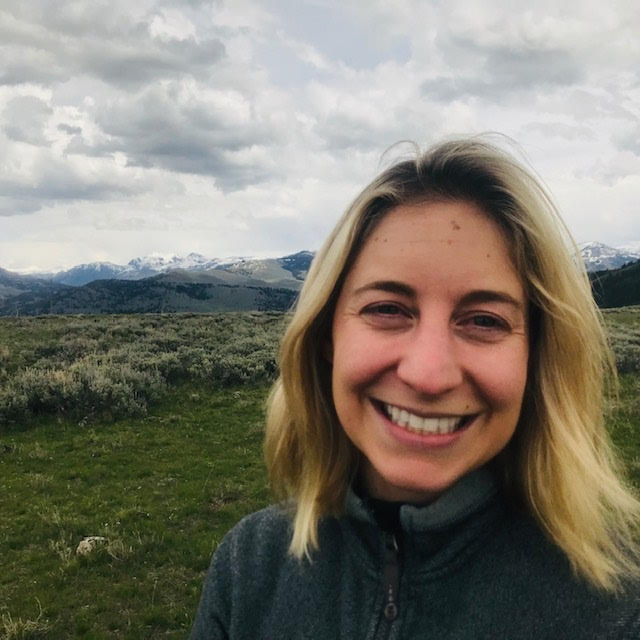Understanding How Social Factors Influence Conservation Outcomes Over Time

Dr. Becky Niemiec studies human attitudes, beliefs, and behaviors related to environmental conservation issues. Her work can inform managers in developing outreach programs and policies targeted at different types of landowners in human-dominated landscapes. I encourage anyone with an interest in conservation psychology, invasive species management, or conservation planning to attend.
— Laura Ingulsrud, MESM 2020
ABSTRACT
Achieving desired conservation outcomes across human-dominated landscapes requires an understanding of the social and ecological factors driving these outcomes. The majority of existing studies linking the distribution of conservation outcomes to social and ecological factors have examined temporally static patterns. Such studies may be limited in their interpretability, however, because there may be different social and ecological processes driving increases and decreases in conservation outcomes that are only revealed through temporal analysis. Through a case study of the invasion of Falcataria moluccana in Hawai’i, I demonstrate that social factors (e.g. landowner wealth, homeownership, etc) were differentially associated with increases and decreases in invader distributions over time and space. Specifically, over a 7-year study period, rates of invader decrease varied substantially by landownership characteristics, while rates of increase varied only slightly by such characteristics. These findings suggest that links between landownership characteristics and invasion in the study system may be driven more by landowners controlling existing invasive species, rather than landowners preventing the spread of invasive species. I suggest spatially-explicit, time-dependent analyses can enable a more nuanced understanding of the way in which social factors influence conservation outcomes, which can better inform conservation planning.
BIO
Dr. Rebecca (Becky) Niemiec is an Assistant Professor in the Human Dimensions of Natural Resources Department at Colorado State University. She has a PhD from the Emmett Interdisciplinary Program in Environment and Resources, Stanford University, and a BA in Ecology and Environmental Studies from Dartmouth College. She applies mixed methods, including surveys, interviews, spatial analysis, and field experiments, to examine the drivers and outcomes of community engagement in conservation action.